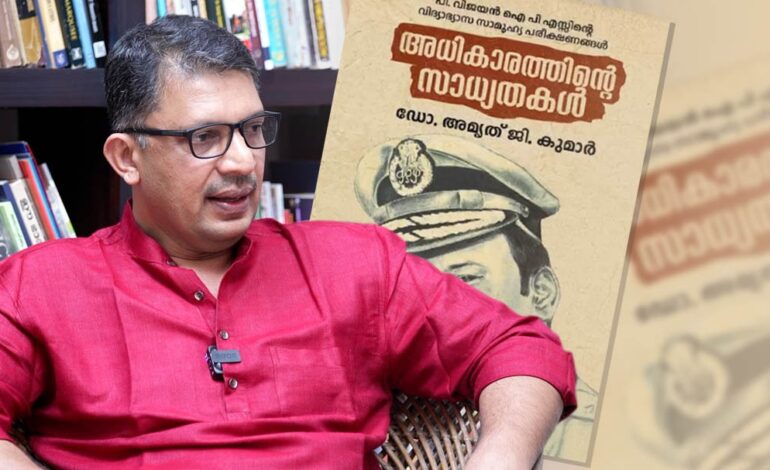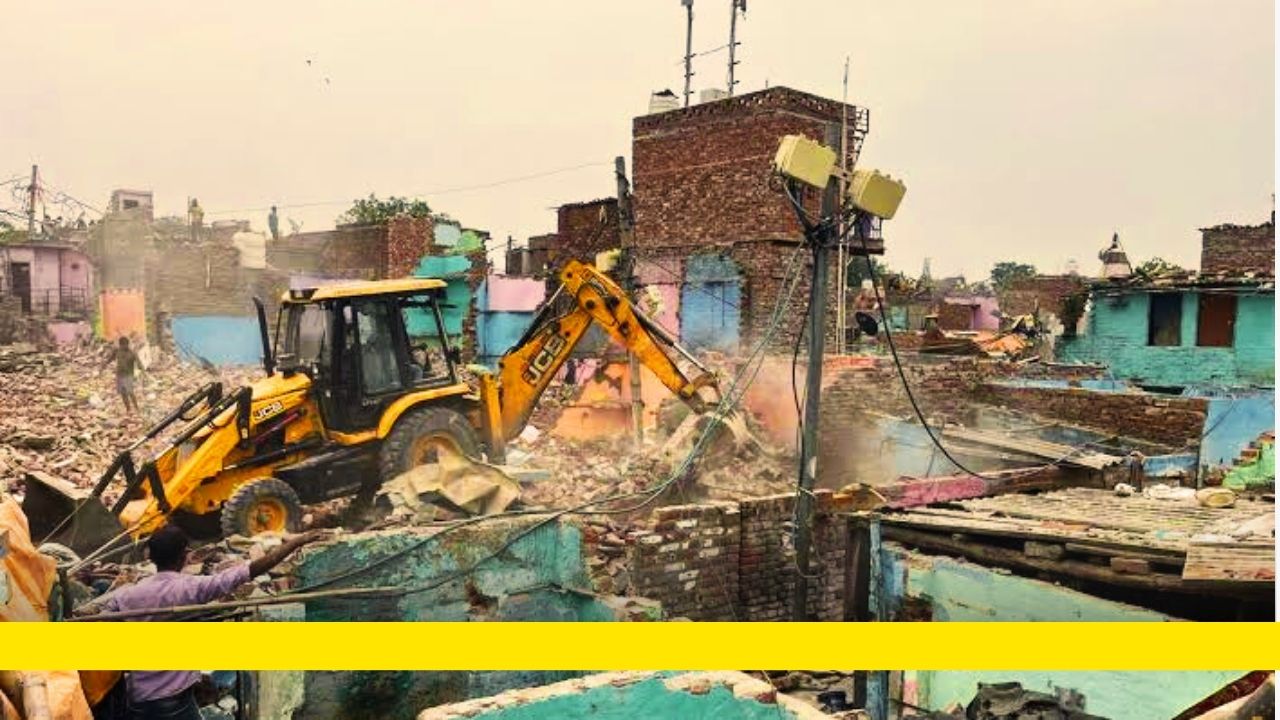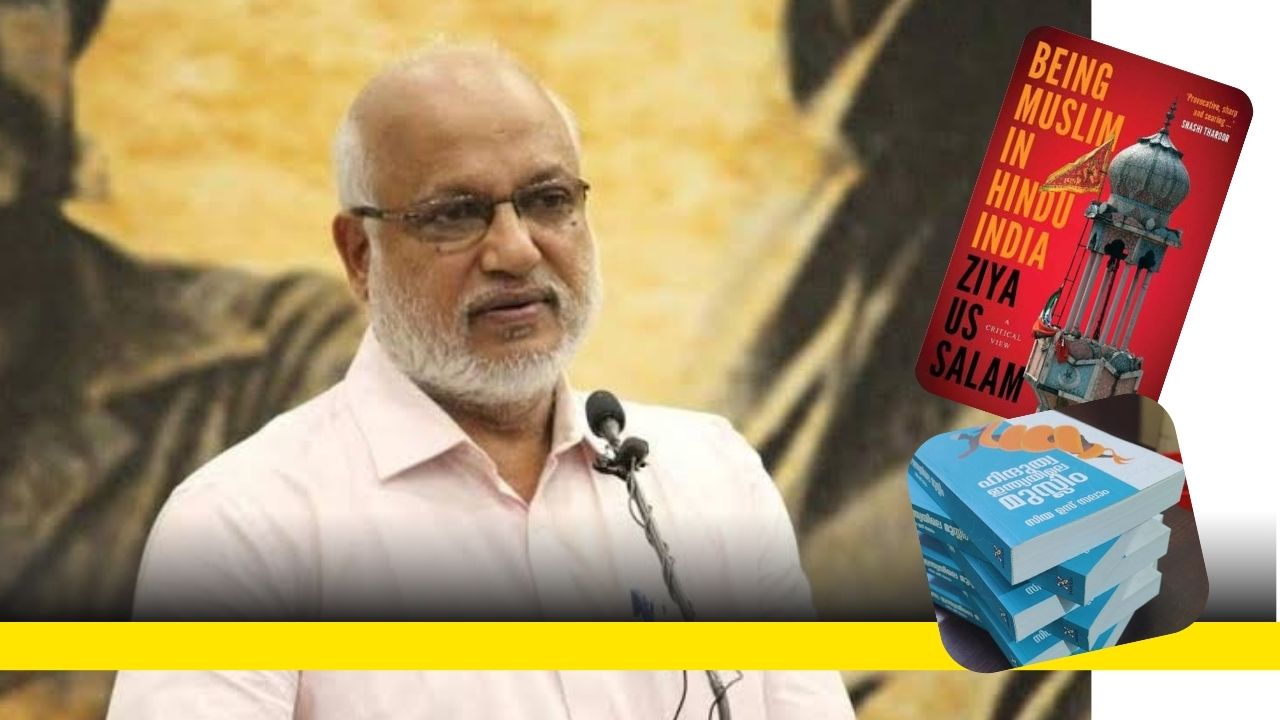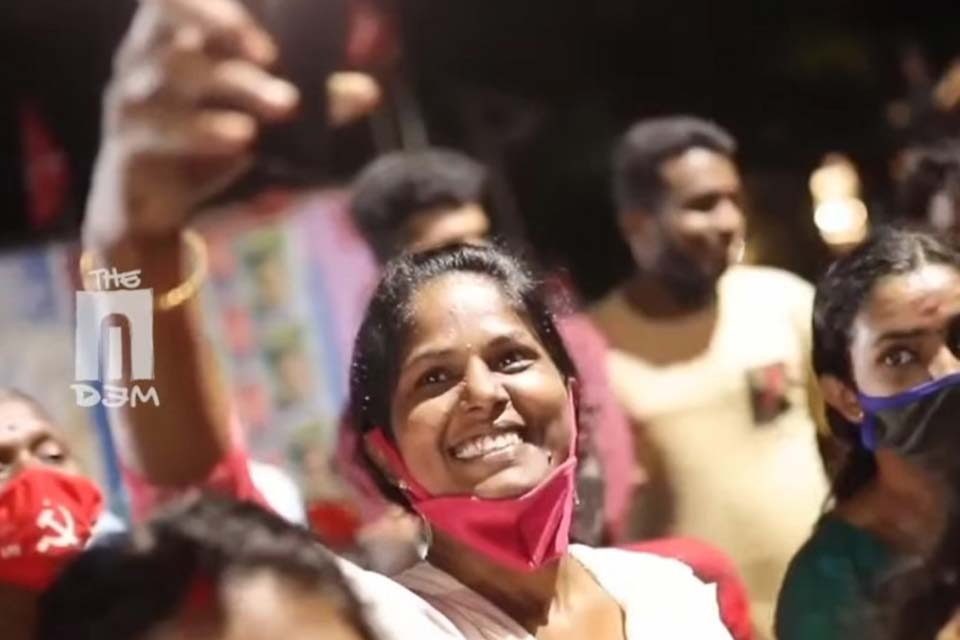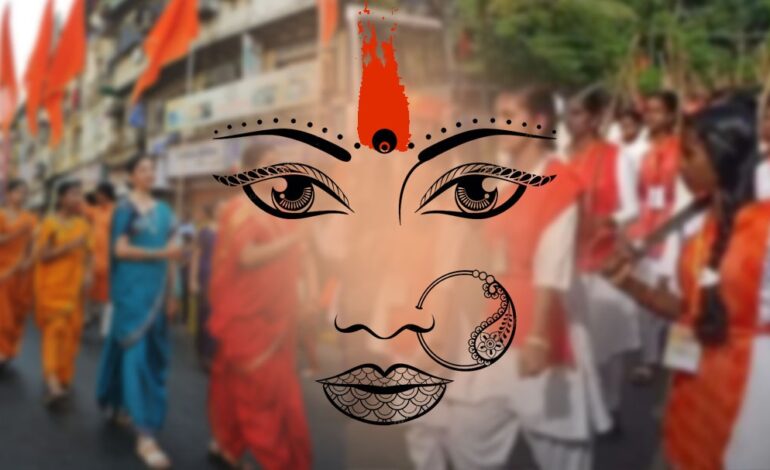
Hinduism as a religion and as a religious practice has undergone many changes over the centuries. For the last century, most people followed religious practices either in groups (as in pilgrimages or public celebrations) or individually in their homes. In the 1980s and 1990s, the political Hindutva movement was started by the BJP, RSS and other wings of the Hindu religious right, under the leadership of LK Advani and AB Vajpayee, to capitalise on religious feelings as well as prejudices and grievances of the majority Hindus, mainly against the Muslim minority. This finally culminated in the victory of the BJP in 2014 as a party that formed the government with a majority on its own, something that continues to this day.
All of this is well-known, but not enough attention has been focused on the role of women in the rise of the Hindu right. This article attempts to analyze this aspect.
Many supporters of Hindutva in India today are women. Most of them are unaware that historically, the culture and practice of Hinduism has had many anti-women practices. There were discriminatory activities against intermediate castes as well. Political Hindutva seeks to co-opt and mobilise people of the intermediate castes, Dalits, tribals and women by doing several things, including whitewashing the real history of evil Hindu religious and social practices and creating a false narrative of a glorious Hindu past.
Misogyny and ill-treatment of women are common to most cultures of the world, but Hindus, led by the upper castes, took it to terrible heights. When I watch women supporting Hindutva in debates on television, I want to remind them that the people who now promote a revisionist view of history – the BJP, the RSS, the VHP, and their followers – come from the same sections of society who, in the past, had condemned women to the cruel death of Sati. Sati may not have been very widespread at any point in history, but the very fact of its existence shows that, even until recent times, Hinduism had treated women with medieval barbarity. The people who engage in historical revisionism today are the intellectual (or, in some cases, even actual) descendants of the people who condemned women to immolate themselves on the funeral pyre of their dead husbands. Bodies of men would be cremated in pits so that the women who jumped into them would have no chance of escaping if they changed their mind. This, and the miserable treatment of widows, pushed many into prostitution. Coming to more recent times, those of us who grew up in the eighties will still recall reading routinely about dowry deaths.

All this history explains why the vast majority of Indians – men and women – do not respect women in a fundamental sense.
Coming back to the present, large sections of women, who are only now beginning to achieve literacy, but have internalised conservative and patriarchal values, are exposed to the propaganda machine of Hindutva. These women are now becoming foot soldiers of this renegade movement – sometimes in not only a metaphorical way but in actual fact, as in the Durga Vahini battalions of militant Hindu women bearing arms; or as in the case of Sadhvi Pragya Thakur, who was accused of being involved in the Malegaon blasts.

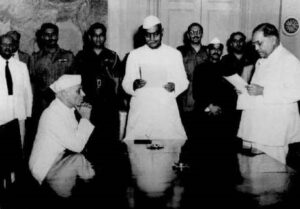
They need to know that the women of India were able to move out of the orbit of home and culture because of far sighted social reformers and nationalist leaders of the freedom movement, and not the purveyors of fake nationalism who abound in the RSS, BJP and assorted right-wing rabble. I am not going into the names of all the freedom fighters and social reformers but women need to know and feel grateful to them. Especially Jawaharlal Nehru who, along with BR Ambedkar, pushed through the Hindu code law and who is needlessly reviled and criticised by the right wing; but also Ishwarchandra Vidyasagar, who worked tirelessly for widow remarriage; Jyotiba Phule and his wife Savitribai Phule, who made the education of women a reality; and Rammohan Roy, who helped overturn the practice of Sati by influencing Lord William Bentinck, the then-Governor General of India.
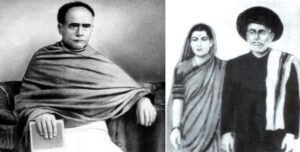
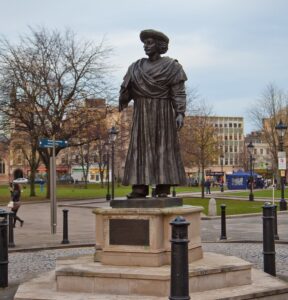
Seventy years of the slow trickle down of education has made Hindu women aware of their rights to some extent, but their hard-won rights are at risk of being diluted and swept away using the women as agents in their own diminution. Hindu women must learn about their own history and resist these attempts to co-opt them into a system that will only be disastrous to them.



